One patient, male, in his 30s, Asian, complained of recurrent stomach problems in the past two years. Symptoms include abdominal distension after meals, acid reflux, inability to eat more, frequent hiccups, uncomfortable bowel movement, and occasional stomach pain. The patient has a sturdy body, oily hair and face, like a person from Da Chai Hu Tang. He says that he is easy to have fire in his body( fire here means ulcer, inflammation, sore throat etc.), and he feels very uncomfortable when he eats a little too much. By abdominal examination, the lower-heart area is quite full and hard to push, and bowel sounds can be heard. The tongue is pale and slightly watery, with tooth marks on the edges, and the coating of the tongue root is thick and greasy. The left meridian is tight and the right meridian is tight and slightly knotted.
After two weeks of treatment with the classical herbal prescriptions, the patient felt great and the symptoms subsided.
For the treatment of acid reflux, modern treatment likes to adopt the method of neutralizing gastric acid: antacid. Not to mention Western medicine, modern Chinese medicine generally uses sea octopus as the function of antacid. It has almost become common use. However, from the perspective of TCM Qi-regulating principle, this is still a palliative method. In this case, no antacids of Chinese and Western medicines were used, and the problem of acid reflux was also well solved, which is a clear proof.
The patient said: “I checked on the Internet before, and my condition looks like a typical stomach disease, which is exactly the same as the symptoms of Helicobacter pylori infection. I also found gastric medicines and health care products that can eliminate Helicobacter pylori on the Internet.”
If the patient does get rid of Helicobacter pylori by his way, will his problem be cured? I hope my readers will think about this case. Instead of using antacids and killing germs, through re-adjusting the patient’s qi circulation through traditional Chinese medicine methods, all the symptoms disappeared completely. Then for those “common” treatments for stomach problems, do you still take it for granted?
Case NO.062
Note: TCM doesn’t ‘treat’ any certain WM disease name. TCM has its own system and method to rebalance the human body, release the symptoms and help the body truly recover on its own. TCM treatment methods and effects are different according to individual differences, and the sharing of the case study does NOT constitute treatment recommendations.
Published @June 6, 2024 | Author Max Ma | TCMDrMa All Rights Reserved


















Acupuncture Treatment for Severe Neck and Shoulder Pain in a Weak Female Patient
Effective Traditional Chinese Medicine Treatment for Severe Cough with Wheezing: A Case Study
Case study: Comprehensive Acupuncture and Herbal Treatment for Shoulder Pain with Difficulty in Elevation
Classical Formula Treatment of COPD in a 62-Year-Old Vietnamese Male
Case Study: Treatment of Suppurative Hidradenitis with Dan Zhi Xiao Yao San
Case Study: Post-External Pathogen Yin Deficiency Cough
Case Study: Acute Ankle Sprain and a Comparison of TCM and Western Medicine Treatments
Personalized Chinese Herbal Treatment for Elderly Patients: A Case of Frequent Night Urination, Premature Beat and Leg cramps
Case Study: Effective Treatment of Gout Using Classical Formulas
Bloating: The Application of Da Chai Hu Tang in the Treatment of Severe Abdominal Distention
Comprehensive Treatment of Chronic Pain with Acupuncture: A Case of Kidney Deficiency and Meridian Obstruction
Classical Formula Treatment for Emotional Dysregulation in a 9-Year-Old Girl
Pulse check Cases Collection (1)
[Case study] One case of lower limb edema in a 72-year-old lady
One case of classic formula ChaiXian Tang helping with no appetite
Kawasaki disease: One 3-year-old kid with persistent high fever and skin rash
[Case study] Multiple Illnesses (8 types) in 50-Year-Old Male Patient
One case of tonsillitis in a 1.5-year-old child